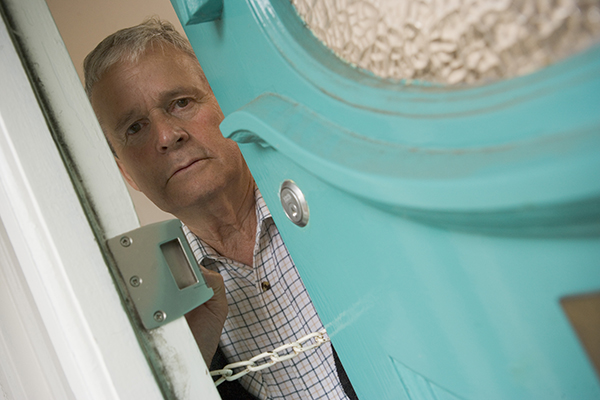After months of isolating, quarantining, and distancing from friends and family, stay-at-home orders have been relaxed this summer. However, for older adults in particular, is it safe to head out? Unfortunately, there’s no cut-and-dry answer, and a number of criteria need to be taken into account to arrive at the best decision for each individual. For […]











